Maintaining a healthy lifestyle involves daily, mindful thoughts about what to include on our plate. While we often attempt to limit obvious culprits like sugary sodas and french fries, some foods might sneak into our daily diet, silently contributing to an unhealthy lifestyle. In this exploration of "Foods That May Surprisingly Hinder Your Nutritional Goals," let's uncover some unexpected suspects and understand how they might impact our well-being.
Before diving into the surprising culprits, let's briefly understand why certain foods can be harmful. Consuming a diet high in saturated fats, added sugars and ultra-processed foods can lead to health issues. Saturated fats, often found in fatty cuts of meat and full-fat dairy products, may contribute to heart problems. Added sugars, hiding in many processed foods and sweetened beverages, can lead to weight gain and increase the risk of developing chronic conditions like type 2 diabetes. Ultra-processed foods may lack essential nutrients and fiber, impacting overall health negatively. Next time you’re at the store, look through the following foods closely with a mindful eye to choose the best option for your nutritional goals.
Granola Bars
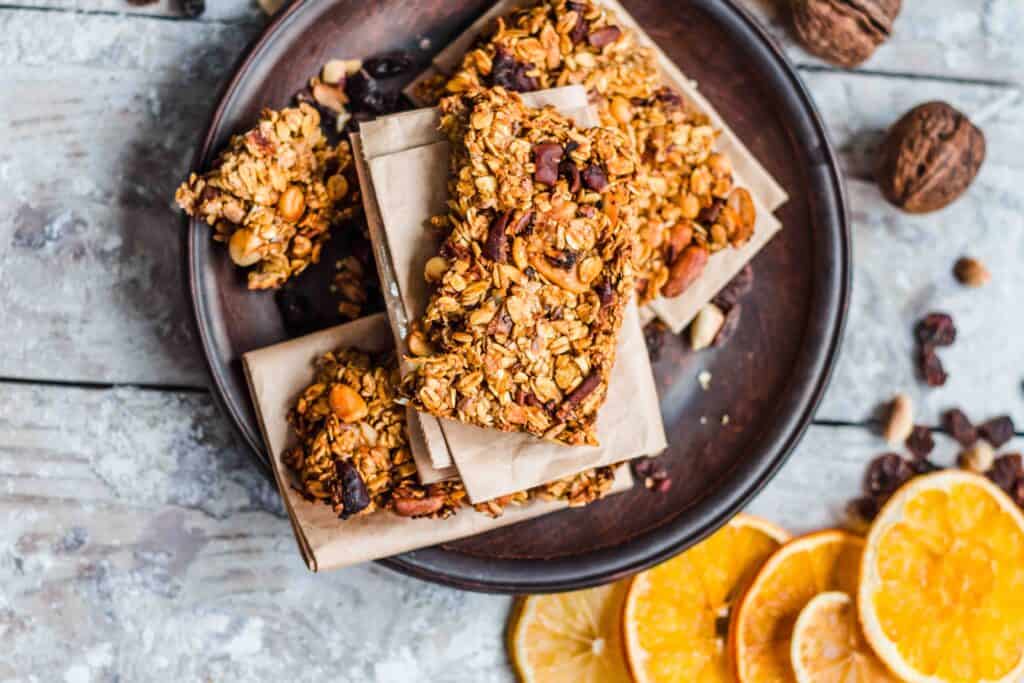
Granola bars often seem like a healthy snack choice, but some can be loaded with added sugars and unhealthy fats. It's essential to check the nutrition label and go for bars with minimal added sugars and whole ingredients to make a better choice. For example, RXBARs are a great option to grab at the store, providing a transparent ingredient list and necessary macronutrients.
Flavored Yogurt

Yogurt is a great option to gain more probiotics into your diet. While it is generally considered a healthy option, flavored yogurt varieties can be sugar bombs. Some flavored yogurts contain added sugars that outweigh the benefits of the probiotics. Choosing plain yogurt with no or low added sugars, preferably Greek yogurt, and adding fresh fruit for sweetness is a healthier alternative.
Salad Dressings
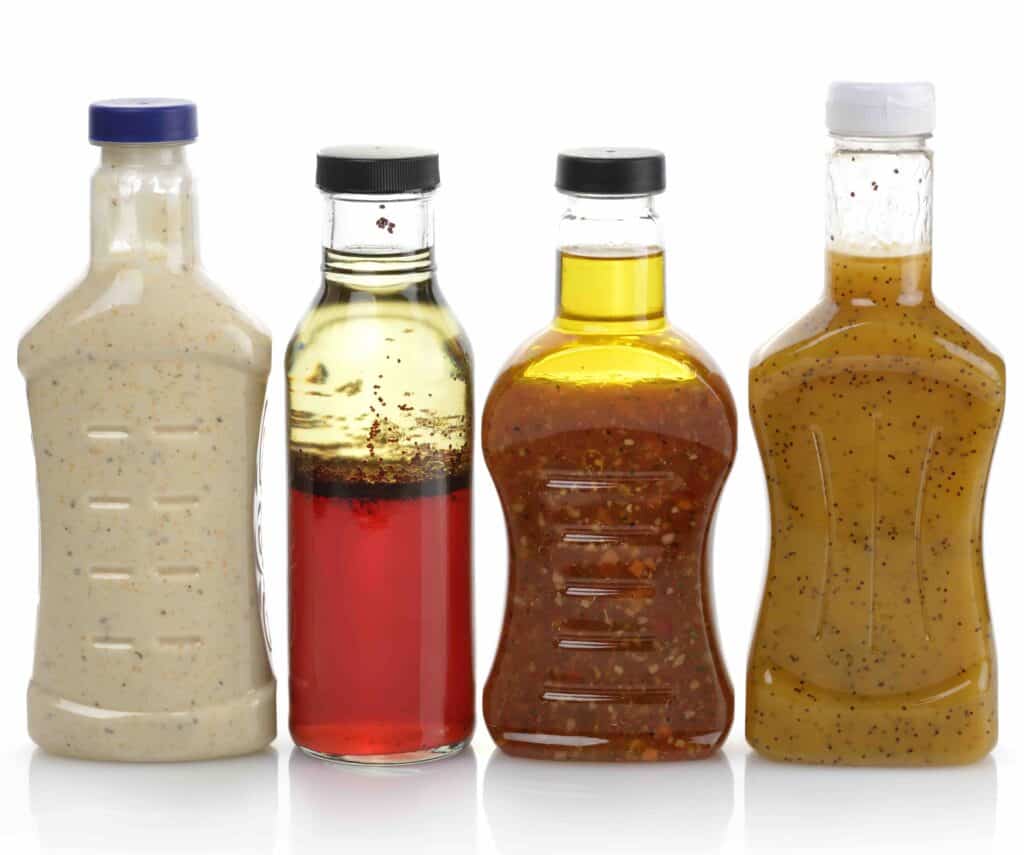
Salads are a fantastic way to incorporate veggies into your diet, but the dressing can turn this healthy choice into a calorie-packed meal. Some commercial salad dressings are high in added sugars, unhealthy fats, and sodium. Try to go for homemade dressings or choose vinaigrettes with simple ingredients. An easy dressing to make at home can include just a few ingredients: olive oil, lemon juice (or vinegar), garlic, Dijon mustard, salt, and pepper.
Canned Soups

Canned soups might seem like a quick and convenient meal, but they can be surprisingly high in sodium. Excessive sodium intake is associated with high blood pressure and other health issues. Look for low-sodium options or, even better, prepare homemade soups with fresh ingredients. Make soups at home that are loaded with vegetables, legumes, and fresh herbs and spices, like this Tuscan Chickpea Soup with Kale.
Dried Fruit Snacks

Dried fruits are often marketed as a healthy snack, but some commercial dried fruit snacks contain high amounts of added sugars. It's better to choose dried fruits without added sugars, or even better, fresh whole fruits, and enjoy them in moderation.
Sports Drinks
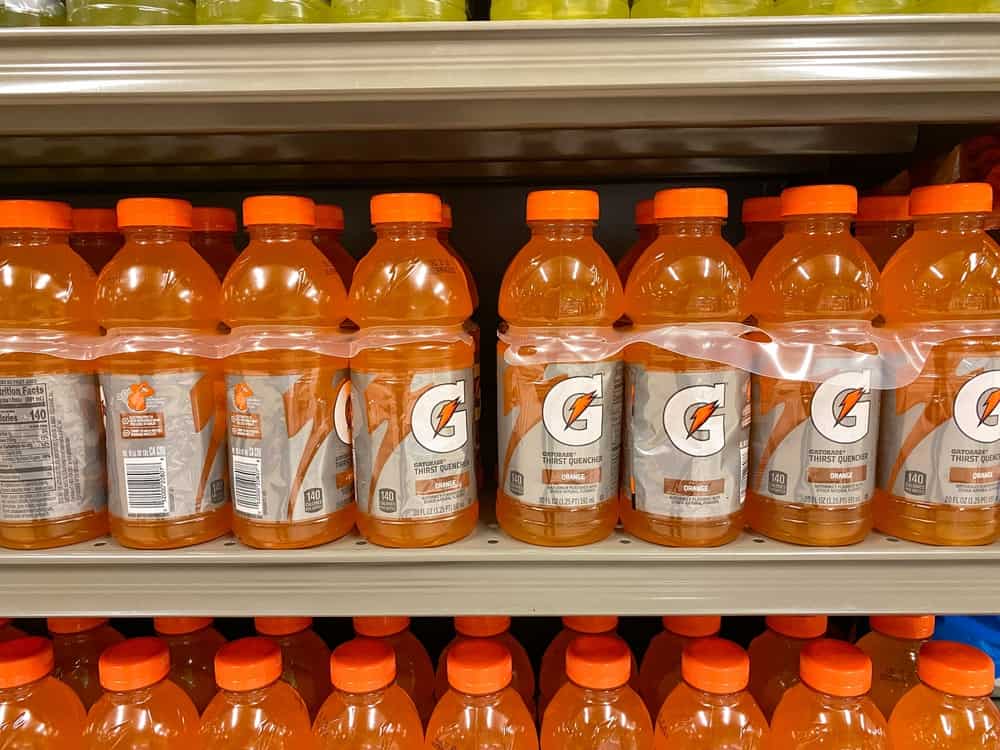
Sports drinks are important for athletes and intense exercise, replenishing lost electrolytes and providing a quick energy boost. However, their high sugar content makes them less suitable for everyday consumption. Water remains the best choice for daily hydration, reserving sports drinks for situations of intense physical activity. If plain water is not within your favorite taste preferences, reach for zero-sugar water flavorings instead.
Packaged Veggie Chips
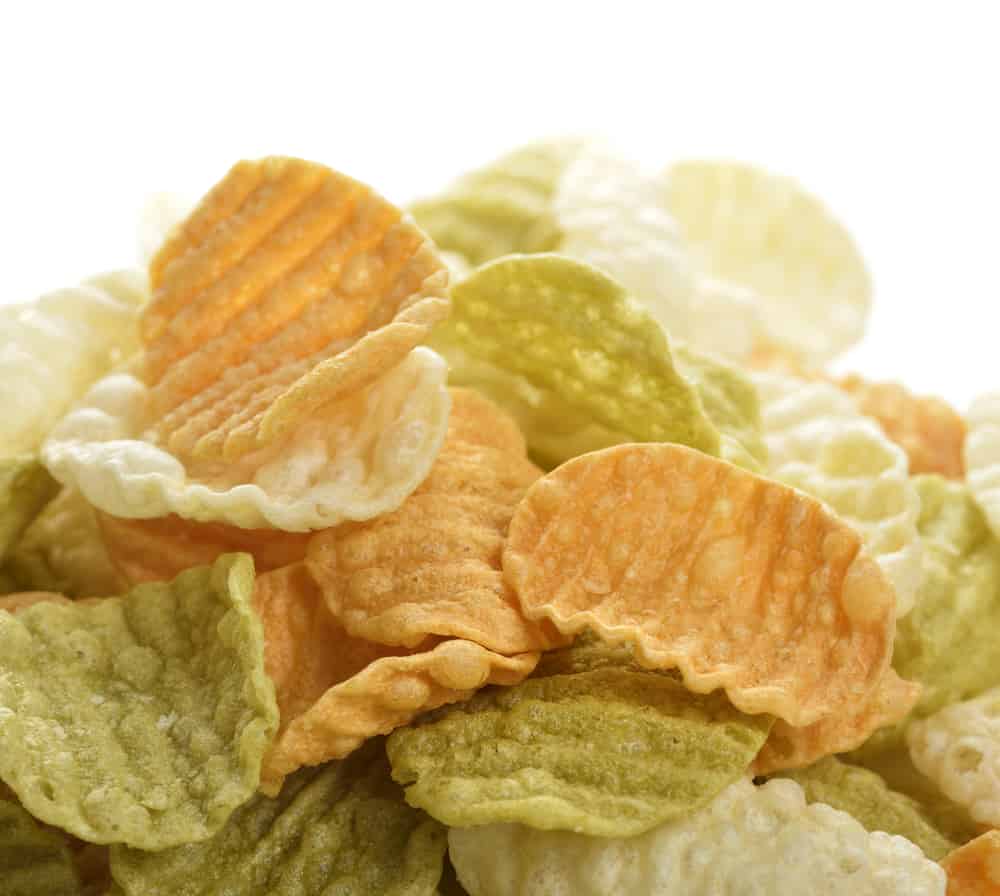
Veggie chips may sound like a healthier alternative to traditional potato chips, but some packaged versions are still high in unhealthy fats and sodium. Baking your veggie chips at home with olive oil can be a better choice, like making kale or sweet potato chips.
Processed Veggie Burgers

While veggie burgers can be a great plant-based option, some commercially processed ones may contain additives and unhealthy fats. Choose brands with whole-food ingredients or try making your own veggie burgers at home.
Fruit Juice
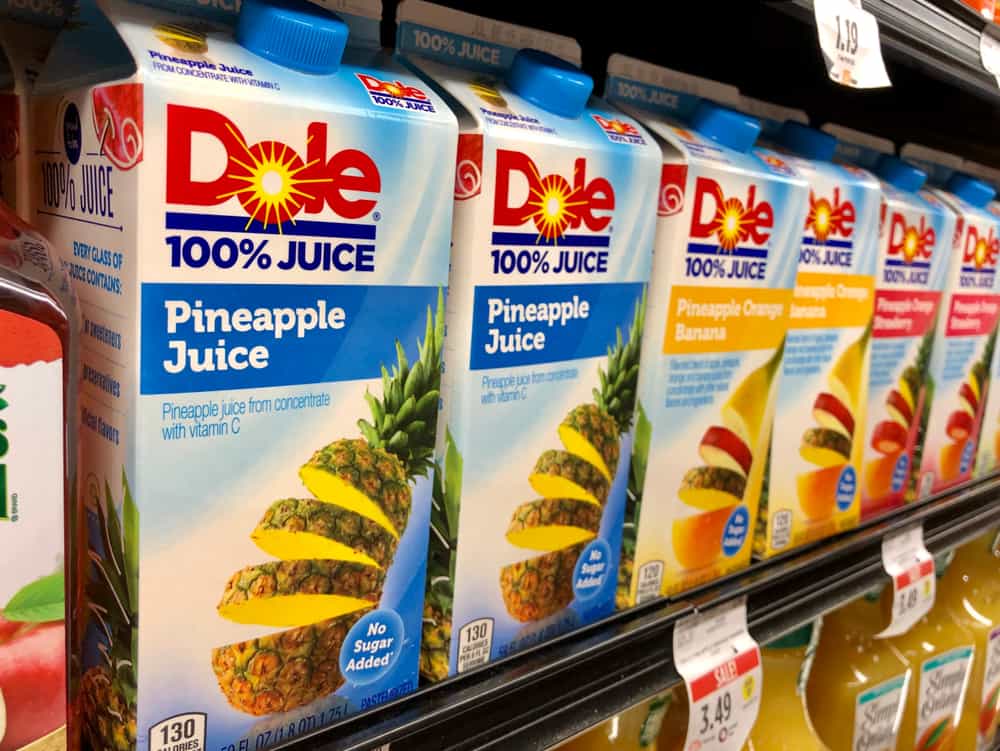
Fruit juice might seem like a wholesome choice, but it can be high in sugars, lacking the fiber found in whole fruits. Consuming whole fruits or diluting fruit juice with water are healthier alternatives. The fiber found in one apple (about 4 grams) makes it a more beneficial option than a simple glass of apple juice.
Encouragement for a Healthy Diet

It’s important to remember that all of these foods can absolutely have their place in a healthy diet, but moderation is key. Being aware of our nutritional goals is essential, and it may be enlightening to recognize that some of these food choices might hinder our progress toward those goals.
In conclusion, it's essential to be mindful of our food choices and aim for a diet rich in fruits, vegetables, legumes, lean proteins, and whole grains. These foods provide essential nutrients, fiber, and energy, contributing to overall health and well-being. Making small adjustments to our daily eating habits can lead to significant improvements in our lifestyle. So, let's embrace a balanced and nourishing diet for a healthier, happier life.

Tell Us What You Think